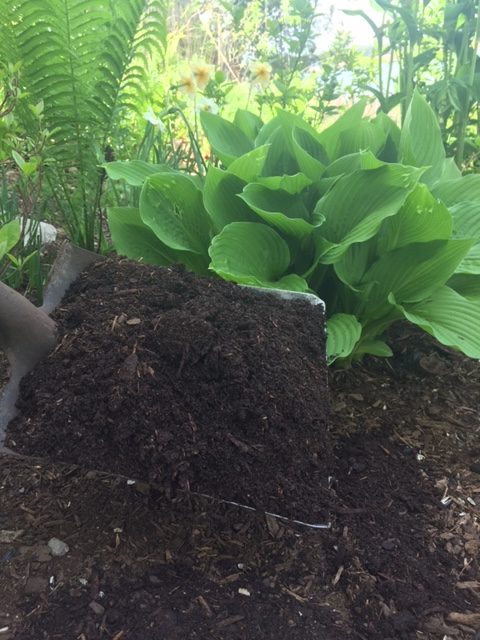The technique of mulching contributes to the health of plants by regulating soil
temperature, conserving moisture, preventing soil erosion and suppressing weed
growth. Mulch keeps plants cleaner too, and with clean leaves, photosynthesis rates are
not impaired.
Mulch acts like an insulation and should be laid on warm, moist soil to keep it that way.
Because mulch moderates the conditions it is placed on, mulching over warm, moist soil
will activate soil life, contributing to the overall health of the plant. Mulch can protect
vulnerable crowns and plants below the ground from frost. In hot and dry weather,
mulch reduces water evaporation from the soil and keeps it cooler and moist.
Mulch that is moderately coarse in texture and organic, like shredded bark, is one of the
best choices to promote healthy plants. It releases nutrients into the soil as it slowly
decomposes. It dries out between rains so that weed seeds cannot germinate on its
surface. It also allows for better water penetration in the soil and less run-off. The
general recommendation for shredded bark mulch is to apply it to a thickness of 3
inches, and never against the trunk of a tree to prevent fungal attack.
Straw and grass clippings are relatively unattractive but useful as mulch between rows
in the vegetable garden. They keep the plants clean, the paths less muddy, suppress
weeds and add organic matter to the soil. Straw can be placed over plants like fall
garlic as insulation over the winter. Black plastic film used as a mulch in the vegetable
garden does warm the soil and suppress weeds, but it is labour-intensive and not
natural.
Pea gravel can be used as a mulch in xeriscaping to suppress weeds between the
drought-tolerant, heat-loving succulent plants of rock gardens.
Wood chips are readily available at no cost, and are an attractive option for the
suppression of weeds in paths. However, they should not be placed around plants
because wood chips pull nitrogen from the soil as they decompose and have no
nutritional value to return to the soil.
Leaf mould and well-rotted compost are better used as soil amendments than as a
mulch, since they must be replenished annually. Coarse peat moss mulch is reserved
for alkaline soils and around acid-loving plants like blueberries.
Sawdust can lower soil pH and cause other problems when used as a mulch, such as
shallow rooting of plants. Coloured red and black mulches made from wood
by-products are not recommended as mulch because they pull nitrogen from the soil,
have no nutritional value and the dyes used may introduce unwanted chemicals into the soil.
authored by Lori Groves

